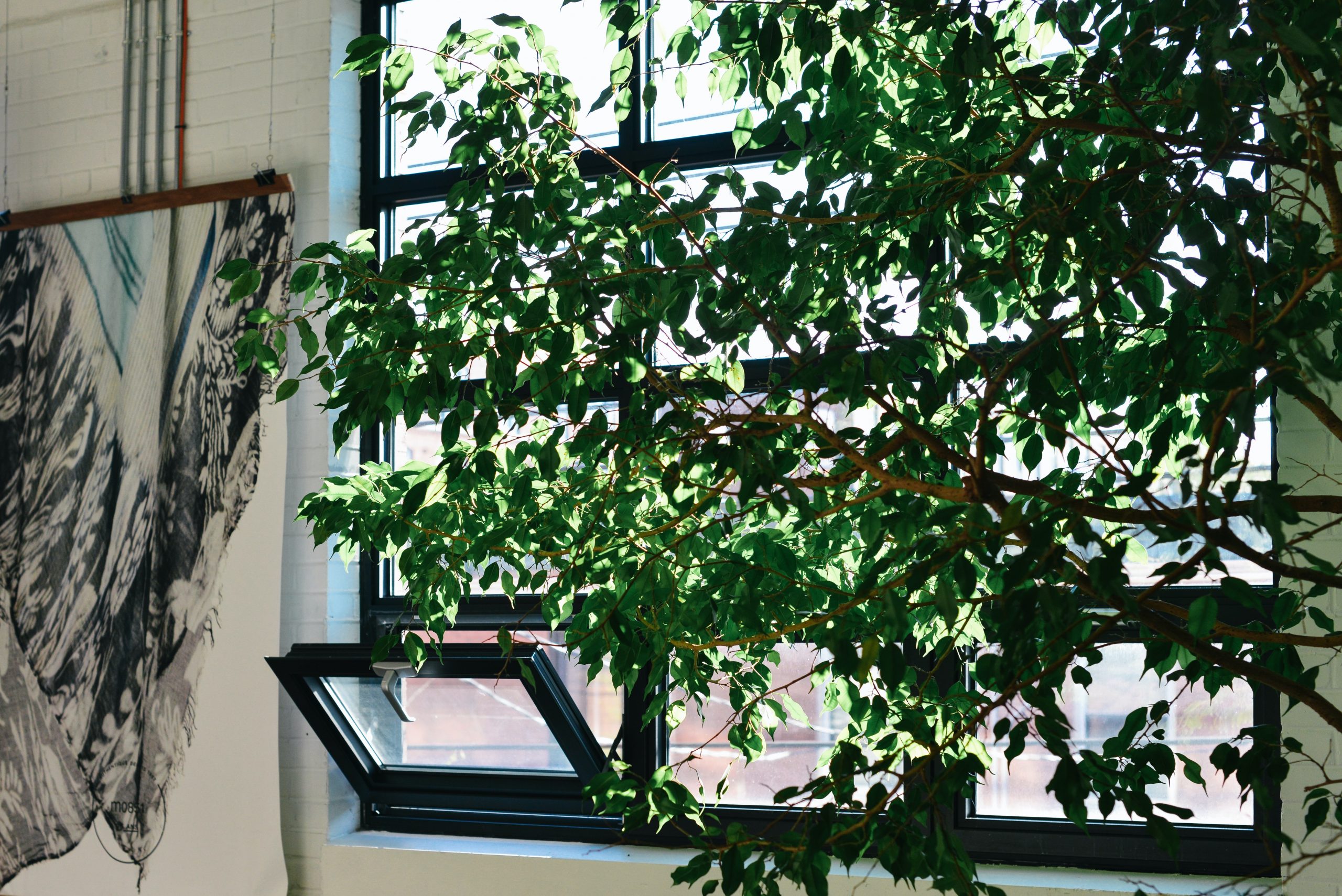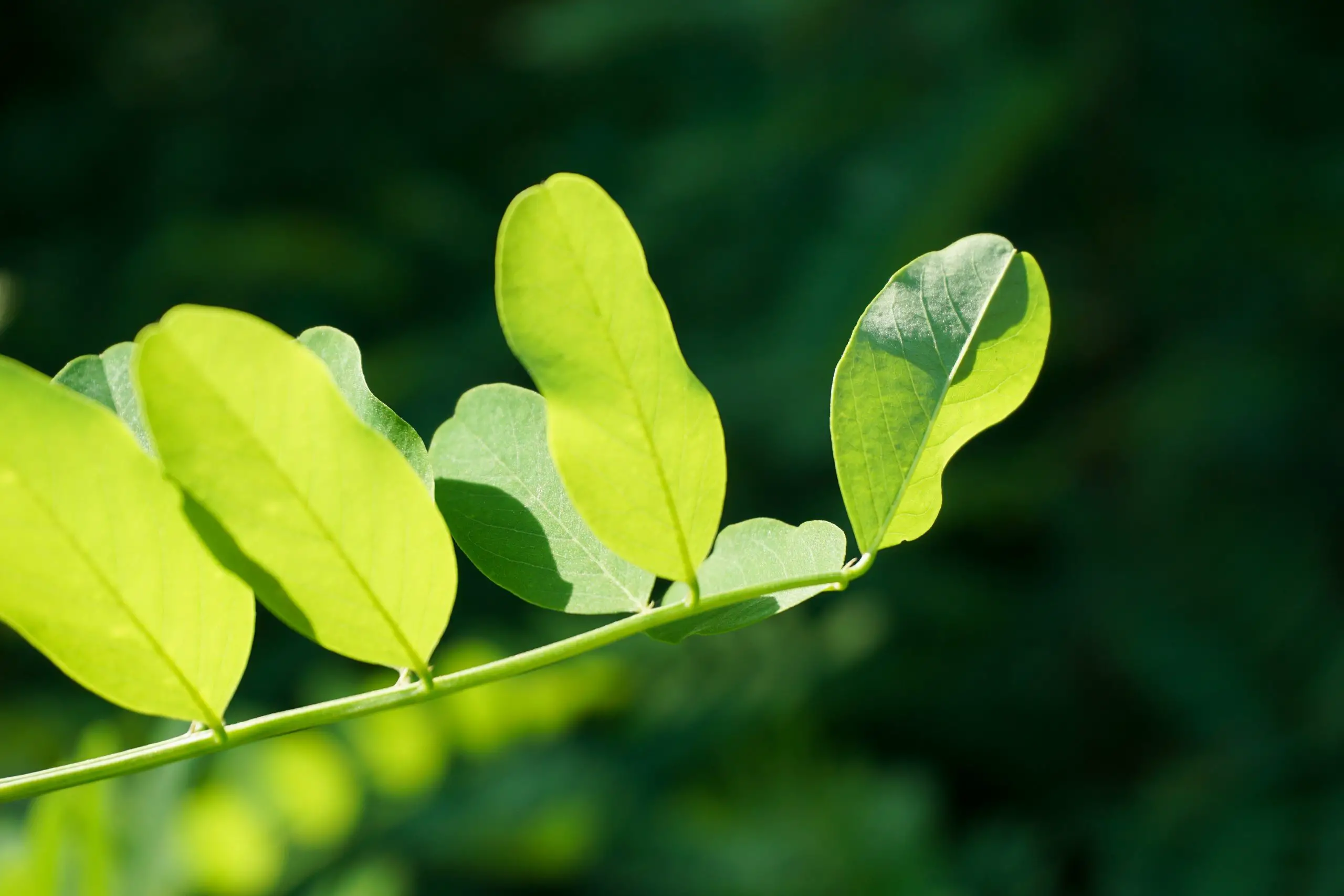The Ficus is one of the star plants of our interiors. Easy to maintain, elegant and air-purifying, this tree has many advantages that explain its great popularity. However, if the Ficus is a resistant plant, its location will be decisive for optimizing its growth and development. Where to place your Ficus? Quickly consult our article to learn all about the ideal location of your favorite shrub!
Indoor ficus or outdoor ficus?
Did you know that there are around 1000 species and subspecies of Ficus? These can come in the form of shrubs, trees or even sometimes lianas. Ficus are indoor plants that will bring a touch of greenery to your living room. These plants are depolluting and they will properly oxygenate the room.
When the outside temperatures are favorable, and they reach at least 16 ° C, you can place your Ficus outside. However, care must be taken to always protect it from direct exposure to the sun and the wind. With higher temperatures, you will also take care to keep the soil in the pot always well moist to prevent the plant from drying out.
Place your Ficus in a bright place
The Ficus is a plant that particularly appreciates the light. However, it cannot stand the direct rays of the sun which could then scorch its leaves. In winter, when the outside temperatures are cold, it is best to place your Ficus near a window. It is generally recommended to place the tree about 50 cm from the window.
You will take care that the Ficus is not too close to this light entrance. Indeed, it should not benefit directly from direct sunlight. If you realize that the new branches of the tree are particularly thin, light green in color and very elongated, it is probably because it is, on the contrary, too far from the window.
As you will have understood, you have to succeed in finding the perfect location for the Ficus to benefit from a good amount of light, without it being direct, to the detriment of its health.
Place your Ficus in an environment with a suitable temperature
The Ficus is a tropical plant. It is therefore made to thrive in hot and humid climates. An appropriate temperature will therefore be necessary for optimal growth of the tree. The Ficus needs a high temperature, associated with a high humidity rate to develop.
The Ficus is perfectly adapted to the climate of the Atlantic coast. In the colder regions of the country, you should always remember to protect the Ficus if it is outdoors. Obviously, it will always be better indoors, at a temperature between 18 and 22 ° C. You will be particularly careful that it is never subjected to temperatures below 15 ° C. These could indeed cause its downfall.
The Ficus cannot withstand cold or dry heat. We therefore recommend that you place it in a room where the temperature is around 20 ° C, away from radiators which radiate dry heat. As soon as the temperatures allow, you can take your Ficus out into the garden or on your terrace, between April and October.
Place your Ficus safe from external aggressions
To protect your Ficus, you must keep it as far away as possible from external aggressions that could weaken it. The Ficus is an easily stressed plant that will always have a hard time recovering from a traumatic event.
Thus, you will make sure to place your Ficus in an optimal place and not to move it. Indeed, if possible, it is better to avoid changing the location of your tree. With each displacement, the Ficus will have to face new conditions which will give it a great deal of stress. During a change of environment, your Ficus will have to adapt to it, which will require a lot of energy.
Also remember that the Ficus does not tolerate large variations in temperature and irregular watering very badly. Drafts are also not to be taken lightly since they are traumatic for the plant. If you observe sudden leaf loss, it is probably that your Ficus has been the victim of one of the external aggressions above. You will then make sure to identify the cause of the problem, in order to resolve it as quickly as possible.
If the Ficus is a resistant plant, it should still be kept in mind that its location will play a very important role in its health. If it is not fully adapted to the plant, it could well be that the growth of the latter is impacted and that it even ends up suffering. So be sure to always monitor the location of your Ficus so that it has everything it needs to grow properly.



